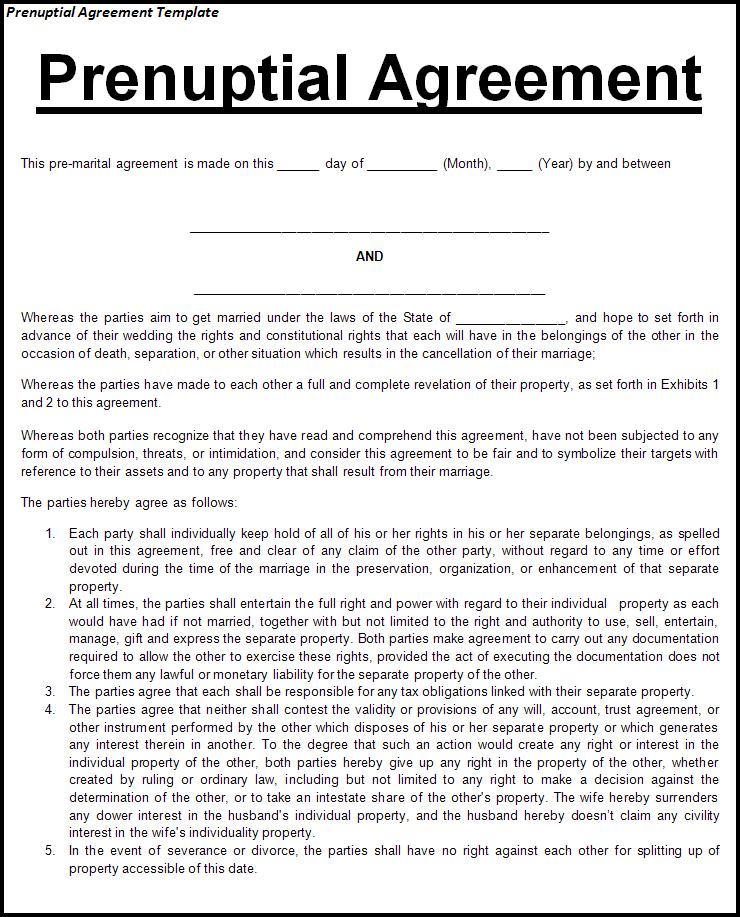
Every now and then, it is fun to look at ordinary events in our
lives and examine how
law
interacts with the event. Halloween is one of those
events.
Massachusetts was home to the Salem witchcraft trials.
These trials occurred in 1692 in which 19 people were convicted of
the crime of witchcraft and were executed by the Colony of
Massachusetts. A 20
th person was killed because he would
not plead guilty or not guilty to the
crime of witchcraft. These
infamous trials have been taken to heart by the Town of Salem and
Salem now considers itself the center of universe for Halloween
celebrations.
While witchcraft was a crime in 1692 it is no longer a crime in
Massachusetts. In 1693 the jails were filled with accused witches
waiting for trials. All of the people who had been convicted of
witchcraft were convicted on what was called spectral or spectoral
evidence. This allowed evidence of spectres or visions to be
admitted. People were convicted because someone had an unexplained
medical condition. The legislature did not repeal witchcraft as a
crime. Instead, the legislature banned the admission of spectral
evidence. As a result of this change in procedures not a single
person was convicted of witchcraft again. Massachusetts still
prohibits the admission of spectral evidence in
court.
Today, Massachusetts doesn't have any specific laws for Halloween.
Witchcraft is not mentioned in the General Laws of Massachusetts.
However, there are a number of laws that arguably relate to Halloween
concepts.
Massachusetts has a Dead man's act. Mass.Gen.L. c. 233, § 65.
This isn't as scary as it may sound. This law relates to use of
statements of a dead person in a court proceeding. It is part of a
rule of evidence known as the hearsay rule.
There are a number of dead body laws. If a person removes or
disinters a dead body they can be punished by up to three years in
the state prison. Mass.Gen.L. c. 272, § 71. It is illegal to sell a
dead body or body parts and is punishable by up to two a half years
in jail. Mass.Gen.L. c. 272, § 72. Sheriffs and constables are
prohibited from seizing a dead body to collect a debt. If they do,
they can be punished by six months in jail. Mass.Gen.L. c. 272, §
70. (How does a sheriff collect a debt by seizing a dead body?)
A number of states have court decisions relating to Halloween
icons. A few are described below:
In California witches need to be licensed.
In
re Zsuzsanna Bartha 63 Cal.App.3d 584, 134 Cal.Rptr 39, 91
A.L.R.3
rd 759 (l976). Meanwhile Massachusetts, home of
Salem witchcraft, does not license witches.
In 1991, a New York Court found facts to determine that a
house
was haunted.
Stambovsky v. Ackley,
169 A.D.2d 254
(NY App. Div. 1991). The court
reached this conclusion based in part on evidence that was spectral
in nature. However, the court based its decision on traditional
contract concepts.
In the United States, you can't sue the Devil. Someone actually
tried that. I
n U. S. ex rel.
Mayo v. Satan and his Staff, 54 F.R.D. 282 (W.D.
Pa. 1971) the court dismissed a lawsuit against Satan because as the
principality of his own kingdom, he is beyond the jurisdiction of the
courts.
It appears that necrophilia is not a crime in Massachusetts. In
the case of
Commonwealth v. Costa, 360 Mass.
177 (1971), there were sufficient facts to prosecute for necrophilia
but the Commonwealth didn't prosecute for that. While necrophilia may
not be a crime, remember, you can't move the body. It appears that
necrophilia doesn't constitute adultry either. Good thing we
have no fault
divorce
for anybody who discovers that their spouse engages in necrophilia.
While Massachusetts doesn't have laws that specifically deal with
Halloween, there are a number of laws that are important on Halloween
night.
It wouldn't be Halloween without trick or treating. If tricks
involve damage to property, that constitutes the crime of vandalism.
Mass.Gen.L. c. 266, §§ 94-107. If the trick involves a john then
the “trick” is prostitution and is illegal. Mass.Gen.L. c. 272,
§§ 53, 53A.
For many people, Halloween means parties. Parties, at any time of
year, have the potential for legal problems. It is a crime to serve
alcohol to minors. Mass.Gen.L. c. 138, § 34. If a person drinks too
much at a party and then drives and has an accident, the host of the
party can be sued for the resulting injuries. This is known as social
host liability and exists in Massachusetts. Most towns have
ordinances that prohibit parties from making too much noise late at
night. Usually police give a warning when they first arrive at the
home where a noisy party exits. However, they may have the power to
arrest for the offense of making noise late at night.
Halloween celebrating can result in some people drinking and
driving. Massachusetts prohibits operating a motor vehicle under the
influence of alcohol. Mass.Gen.L. c. 90, § 24.
Halloween should be a time for fun. Have a happy Halloween
and make sure you don't move any dead bodies, do any illegal tricks,
or party too hard. If you do any of these things, you may have
to hire a
lawyer which could be
scarier than any costumed person who shows up at your door.
.jpg)
.jpg)
.jpg)


.jpg)
.jpg)


.jpg)
.jpg)
.jpg)
.jpg)
.jpg)
.jpg)

.jpg)
.jpg)
.jpg)
.jpg)